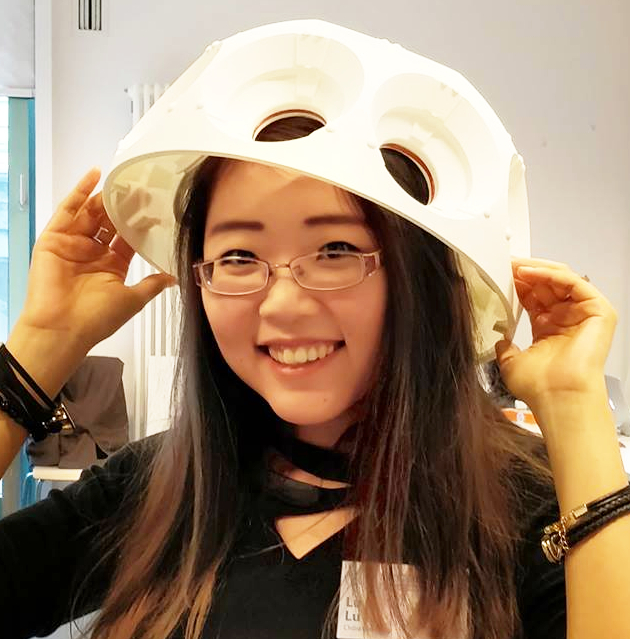This story was originally published by the University of Wisconsin–Madison physics department.


The Office of the Vice Chancellor for Research (OVCR) hosts the Research Forward initiative to stimulate and support highly innovative and groundbreaking research at the University of Wisconsin–Madison. The initiative is supported by the Wisconsin Alumni Research Foundation (WARF) and will provide funding for 1–2 years, depending on the needs and scope of the project.
Research Forward seeks to support collaborative, multidisciplinary, multi-investigator research projects that are high-risk, high-impact, and transformative. It seeks to fund research projects that have the potential to fundamentally transform a field of study as well as projects that require significant development prior to the submission of applications for external funding. Collaborative research proposals are welcome from within any of the four divisions (Arts & Humanities, Biological Sciences, Physical Sciences, Social Sciences), as are cross-divisional collaborations.
Nine projects were chosen for funding in Round 5 of Research Forward (2025), including one from Physics:
From radiation therapy to the high energy universe: Generative AI for particle tracking
Artificial intelligence is rapidly expanding across all fields of science, particularly in physics. The 2024 Nobel Prize in Physics was awarded for groundbreaking advancements in artificial intelligence that have led to significant discoveries in various physics applications. This project uses a specific type of AI, generative AI, to achieve breakthroughs in diverse particle physics research applications.
Analyzing and understanding the results of high-energy particle interactions using traditional methods requires immense computing resources. Even a single particle collision can involve billions of calculations. This research will enable substantial shortcuts in calculating the outcomes of particle interactions for fundamental physics and astrophysics.
The collaborative research between physicists and computer scientists will significantly improve data use, enabling discoveries that would otherwise be impossible. Medical physics applications, such as radiation therapy, are also envisioned.
PRINCIPAL INVESTIGATOR
Albrecht Karle, professor of physics
CO-PRINCIPAL INVESTIGATORS
Yong Jae, associate professor of computer science
Lu Lu, assistant professor of physics
CO-INVESTIGATOR
Benedikt Riedel, computing manager for WIPAC
